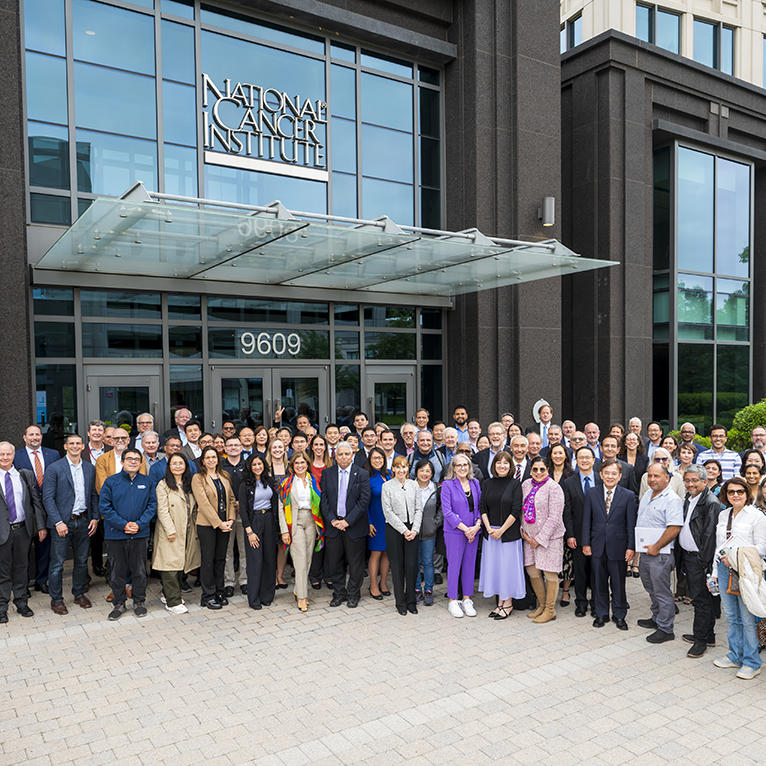Stomach (Gastric)
DCEG researchers conduct studies on stomach (gastric) cancer, including cardia and non-cardia stomach cancer. Selected studies include:
-
EBV-Associated Gastric Cancer
DCEG studies of Epstein-Barr virus (EBV) and gastric cancer
-
Gastric and Esophageal Cancer Research in the Metabolic Epidemiology Branch
Overview of MEB studies of Gastric and Esophageal Cancers
-
Gastric Cancer Precursor Lesions (GCPL) Study
The Gastric Cancer Precursor Lesions (CGPL) Study is a multidisciplinary project based in Chile to evaluate known, understudied, and novel risk factors for gastric cancer and potential noninvasive screening markers. Better understanding of gastric cancer etiology may inform future efforts for prevention and control.
-
Helicobacter pylori Genome Project (HpGP)
A collaboration among DCEG and extramural investigators to establish a large-scale international resource of clinically annotated Helicobacter pylori strains and molecular data to address the role of bacterial diversity in gastric cancer risk and outcomes.
-
NCI International EBV-Gastric Cancer Consortium
A collaboration among NCI and extramural investigators, established by DCEG in 2006, that utilizes data and biospecimens from 18 completed and ongoing case series and observational studies of gastric cancer to replicate and extend findings from previous studies hindered by small numbers of EBV-positive cases, and to stimulate multidisciplinary research in this area.
-
Nutrition Intervention Trials in Linxian, China
Randomized controlled trials were launched in 1985 to test the effects of multiple vitamin and mineral interventions on total mortality and total and cause-specific cancer mortality in a rural Chinese population
-
Second Primary Gastrointestinal Cancers
Study of second primary gastrointestinal cancers among survivors of Hodgkin lymphoma and cancers of the testis, breast, and cervix.
-
Upper Gastrointestinal Cancer Genetic Studies in Shanxi Province, China
Studies initiated to look for major susceptibility genes for upper gastrointestinal cancers and to identify the genetic changes associated with their development
